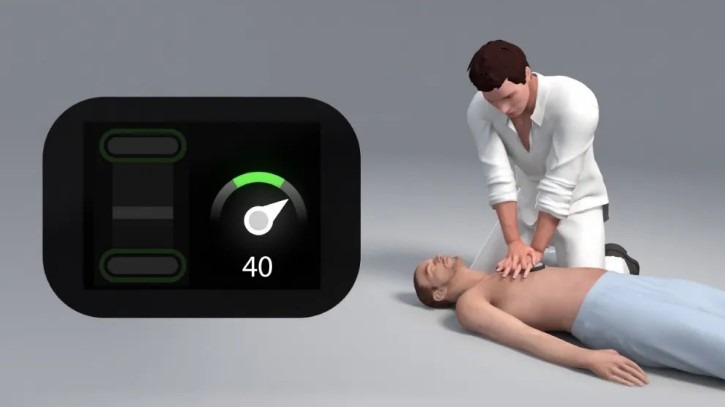Rapid Antigen Test: Science behind how it works and available locations in Delhi

The situation in the country has improved over the last 2 months but there is a point to be noted that the cases have only decreased and the daily cases are still not ceasing so we still need to be careful and get tested if we feel the symptoms. As there is a speculation for the 3rd wave in the month of September, the need for faster testing techniques also arises. To counter the frightful future situation of rising cases, Rapid Antigen Tests shall be the need of the upcoming hour. Rapid Antigen Test can be conducted at an individual level. And yield faster results as compared to traditional RT-PCR testing technique.
What is a Rapid Antigen test ?
A Rapid Antigen Test (RAT), also known as Rapid Antigen Detection Test (RADT) is a diagnostic test. This test is widely used to detect the SARS-CoV-2 virus in the body. It determines if an antigen is present or absent. The antigens are proteins found on the corona virus’s outer coating or shell. Rapid Antigen testing, also known as Rapid Covid testing is important for diagnosis since positive test results are highly confirming.What kind of sample is needed for testing ?
Only nasopharyngeal swabs can be used to obtain samples for the rapid antigen test. Professional staff collect these swabs while adhering to strict infection control procedures, including the use of suitable PPE Kit. The antigen test can provide a response in as little as 30 minutes.Why choose Rapid Antigen Testing ?
Rapid antigen tests in Delhi ( RAT ) for Covid-19 have a lot of applications. It is easy to implement because it requires little training. It is inexpensive; and it produces results in 5–30 minutes. It is extremely handy for mass testing. And it alleviates the burden of depending solely on RT-PCR tests to identify Covid-19 patients.What is the major principle about the test?
It detects antigens, which are proteins found on the virus’s surface. An antigen is a substance (or a foreign invader) that causes the immune system to create an immunological reaction to it known as antibody. When virus levels in the body are extremely high, it can identify persons who are infectious. It is widely used because it produces highly conclusive positive results.How does it work?
On the surface of the nitrocellulose membrane, the Covid-19 Antigen Test contains two pre-coated lines. One is “C” Control line and “T” Test line. Before applying any specimens, neither the control nor the test lines in the result window are visible.- The test line area is coated with mouse monoclonal anti-SARS-CoV-2 antibody
- The control line region is coated with mouse monoclonal anti-Chicken IgY antibody.
How can we interpret the test results?
Interpretation of results is easy as it involves simplified testing procedures. This makes Rapid Antigen Tests a bit more cost effective.- The presence of only the control line (C) and no test line (T) within the result window indicate a nagative result.
- The presence of the test line (T) and the control line (C) within the result window indicate a positive result, regardless of which line comes first. The quantity of SARS-CoV-2 antigen present in the material will determine the intensity of the coloured test line.
- The result is invalid if the control line (C) is not visible within the result window after performing the test. Instructions may not have been followed correctly





